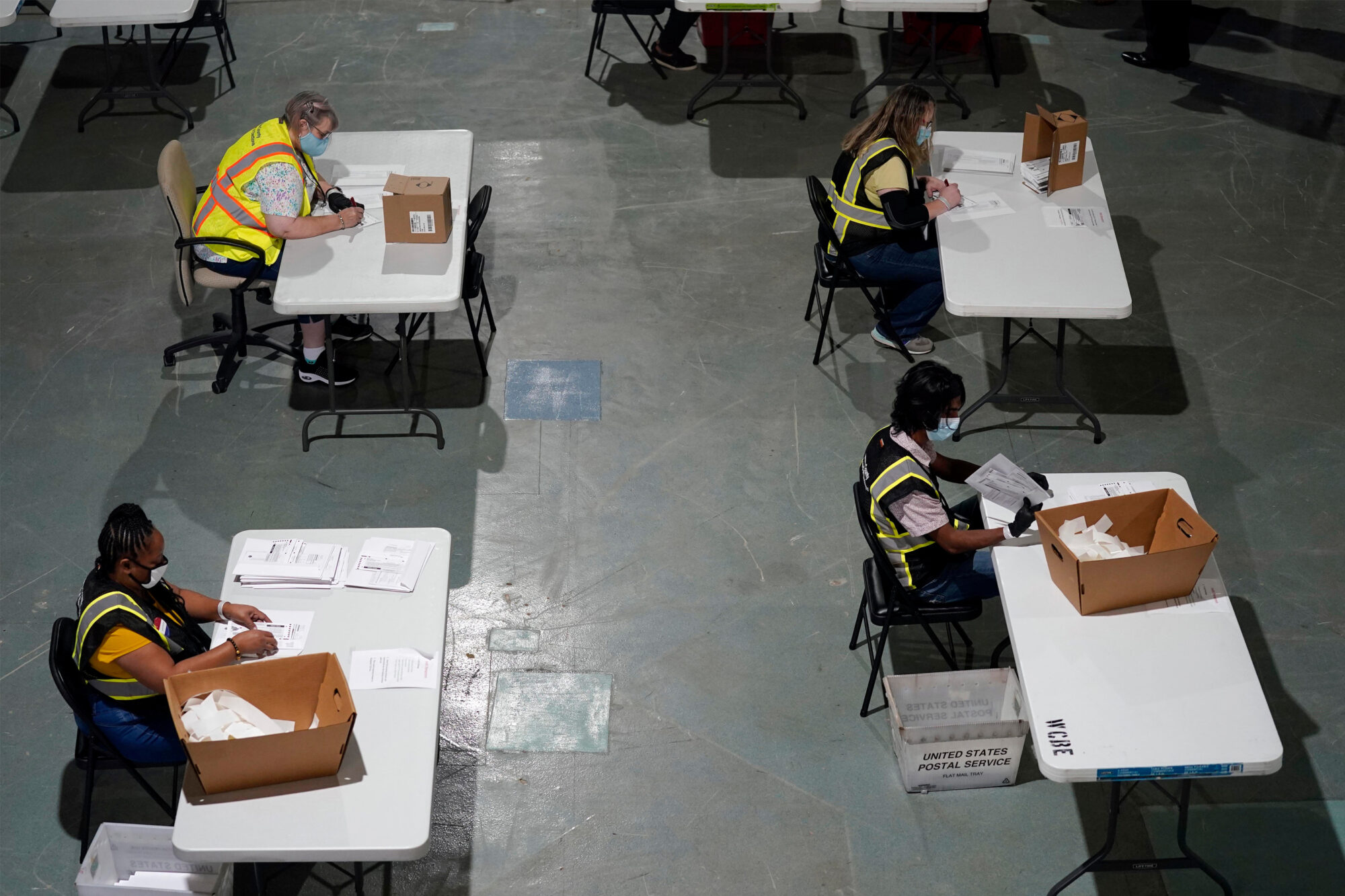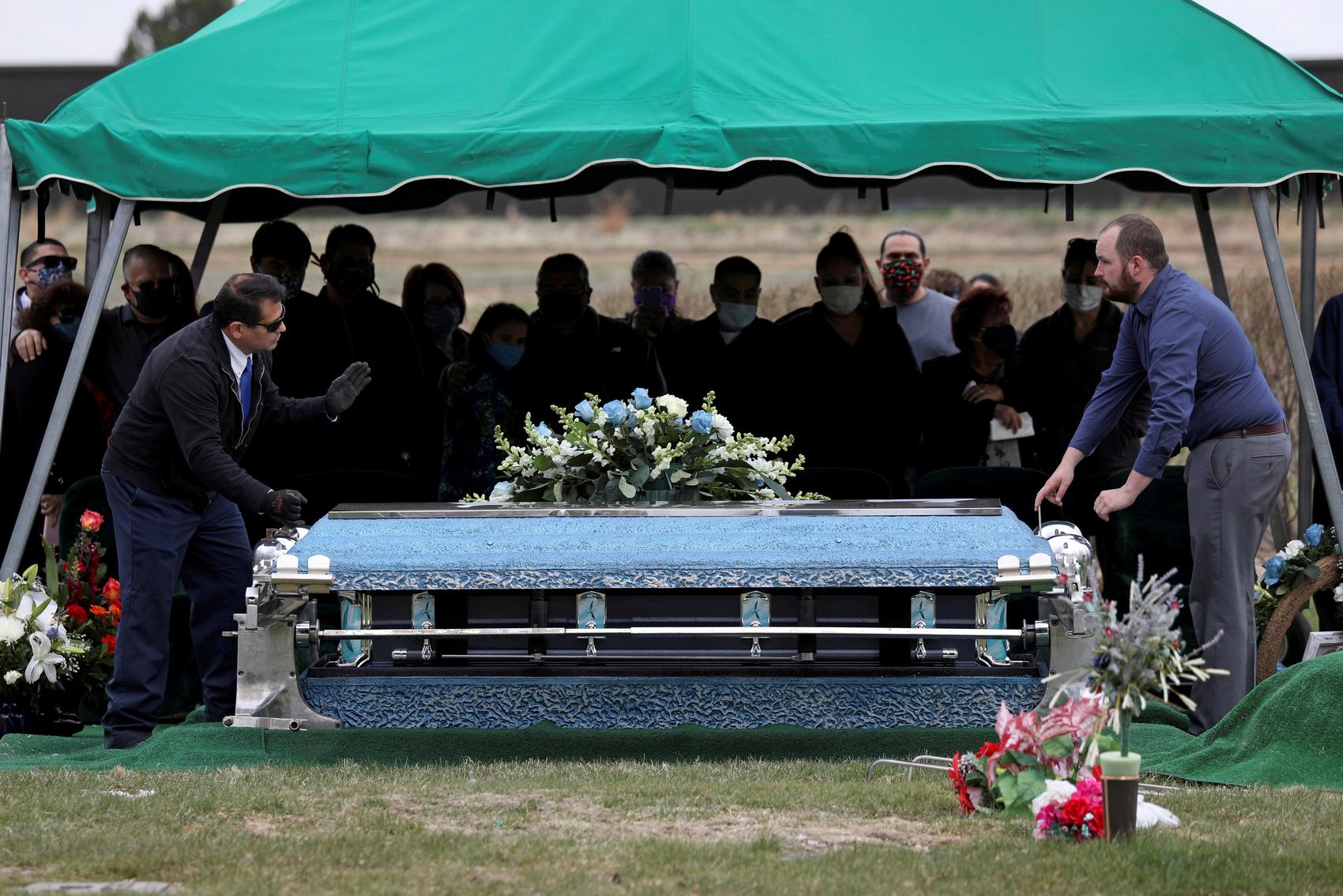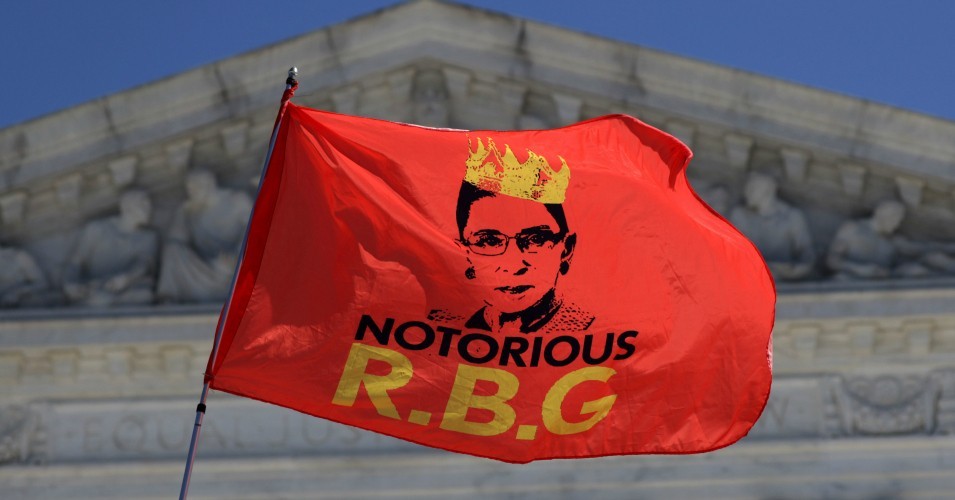Workers prepare absentee ballots for mailing at the Wake County Board of Elections in Raleigh, North Carolina, on Sept. 3. Congress works for you. Learn how to be a better boss with the User’s Guide to Democracy , a series of personalized emails about what your representatives actually do. This article was produced in partnership with WRAL News. RALEIGH, N.C. — Sandra Cosby is no stranger to the election process — or to voting by mail. In recent years, she’s cast her ballot by mail days before the election. Then, on Election Day, she takes a break from her purchasing job with the school system to help out as a Wake County poll worker, guiding voters at precincts. So when Cosby, 58, sealed up her mail-in absentee ballot in 2018, she handed the envelope to the letter carrier without any worries. “I just was so confident it was in, it was counted, it was on time,” Cosby said. “I never thought anything different.” But Cosby’s ballot was among more than 6,000 rejected in 2018 by North Carolina election officials. A disproportionate number of those rejected voters, like Cosby, were Black. Sign up to learn how to become a more […]


Add a comment




